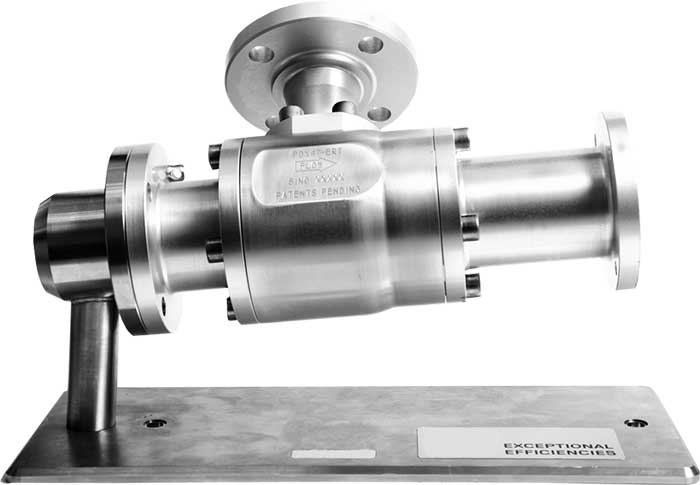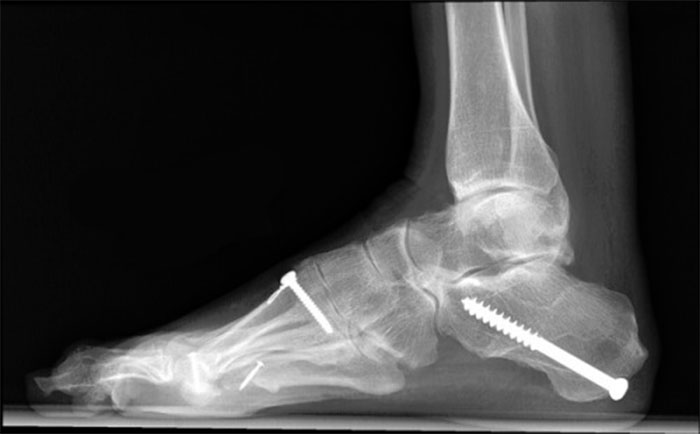Cellulac Limited, the industrial biochemicals company, announces the acquisition of Pursuit Marine Drive Limited, a subsidiary of Pursuit Dynamics PLC, subject to shareholder approval. The acquisition includes certain intellectual property rights, test...

Cellulac to Acquire Patent Portfolio and Industrial Biochemical Equipment from Pursuit Dynamics PLC
Cellulac to Acquire PDX Patent Portfolio and Biochemical Equipment Technology
Cellulac Limited, the industrial biochemicals company, announces the acquisition of Pursuit Marine Drive Limited, a subsidiary of Pursuit Dynamics PLC, subject to shareholder approval. The acquisition includes certain intellectual property rights, test equipment and commercial installations of industrial biochemical equipment in a number of US ethanol production plants. A separate agreement for the transfer of two EU FP7 projects in Biofuels and Algae has also been concluded.
Gerard Brandon, CEO of Cellulac, commented;
The acquisition of this portfolio of patents bolsters our business in a number of areas. It strengthens our IP around the pre-treatment of lignocellulose, a sustainable raw material used in second generation bio-production processes, for certain established specialty chemicals. When combined with Cellulac’s already strong expertise in enzyme and culture technology it increases the total soluble sugar yield and significantly reduces our production cost of sugars. It provides access to methods of lowering energy consumption by up to 50% for the production of lactate-specialty chemicals. Net, this IP allows Cellulac to realise a major breakthrough reduction in the commercial production cost of bio-lactates with fully–validated and operational commercial scale reactors.
We are now in a position to install industrial size reactors and commence large scale production of bio-lactates from lignocellulosic materials at our own plant. Furthermore it provides a fast-track solution to low cost sugar extraction for our existing customer base and joint venture partners who wish to access a variety of second generation bio-chemicals with significant down-stream commercial value.
Cellulac to Acquire Patent Portfolio and Industrial Biochemical Equipment from Pursuit Dynamics PLC
Consortium of Irish Biomedical companies in €3m joint venture to deliver biodegradable implants from 2nd generation biochemicals.
Three Irish biomedical companies Cellulac Limited, Venn Life Sciences Holdings Plc (“Venn”) (AIM: VENN) and Bipharmed West Limited today are pleased to announce a joint venture to pursue the development of biodegradable human implants. This consortium brings...
Irish Start-up Cellulac wins €2.8M from EU Commission for Biorefining Project.
EU grant to Cellulac indicates the high-commercial potential of their product - Sherlock Galway based Greentech company, Cellulac, has received a grant for a record €2.8m from the European Commission to commercialize its biorefining technology that converts...


